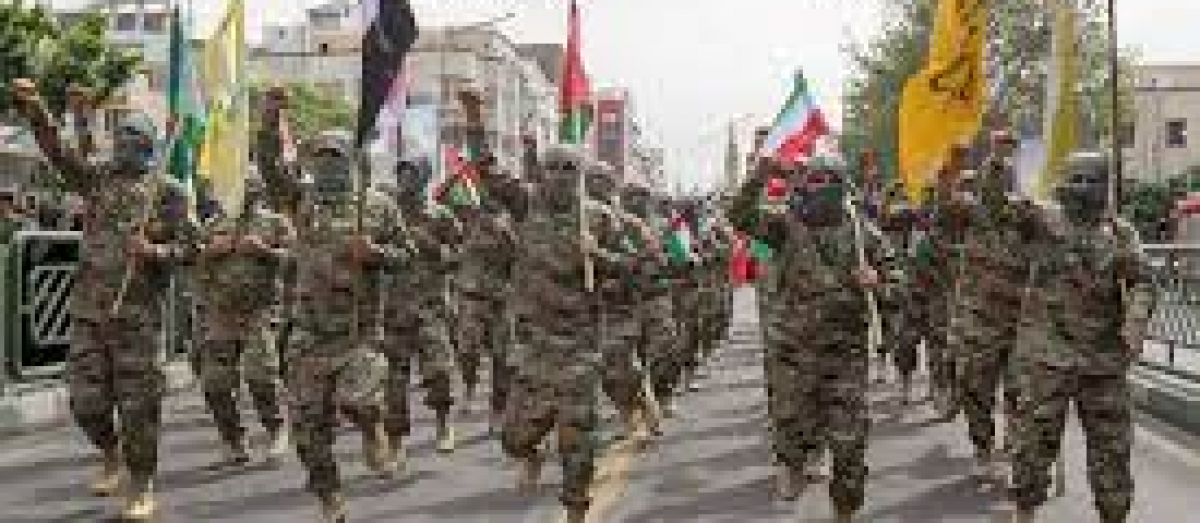MENA Home
Introduction to Saudi Arabia
Nestled in the heart of the Arabian Peninsula lies the Kingdom of Saudi Arabia, a land where the vast expanse of desert meets the modern skyline. As the birthplace of Islam, the predominant religion that defines its cultural and political ethos, Saudi Arabia stands as a testament to faith and tradition in the contemporary world. The Sunni branch of Islam, practiced by the majority of its inhabitants, not only shapes the social fabric of the nation but also plays a crucial role in its legal system, which is based on the Islamic Sharia law.
The governance of Saudi Arabia is an embodiment of historical continuity and religious significance, with its political ideology firmly rooted in an absolute monarchy. The House of Saud, the ruling royal family, has helmed the nation since its establishment by King Abdulaziz Al Saud in 1932. This political structure is characterized by centralized authority and a close intertwining of state power with religious doctrine, as the king holds not only the title of head of state but also that of Custodian of the Two Holy Mosques, emphasizing the monarchy’s guardianship over Islam’s most sacred sites in Mecca and Medina.
The societal fabric of Saudi Arabia is predominantly Arab, with the ethnic majority being native Arab tribes that have inhabited the region for millennia. These tribes, once spread across the deserts as nomadic and semi-nomadic communities, have now largely settled into the urbanized structure of the modern state. The nation’s identity is closely linked to Arab cultural heritage, Arabic language, and customs, which are celebrated and upheld with great pride.
Saudi Arabia’s global significance extends beyond its cultural heritage, as it stands as a geopolitical heavyweight by virtue of holding the world’s second-largest proven oil reserves. This natural wealth has catapulted the nation into a hub of economic influence and a key player in international energy markets. The petrodollar has powered the country’s rapid modernization and has afforded it considerable influence in regional and global politics.
Global Significance
The nation is at a crossroads of transformation with its ambitious Vision 2030 program, spearheaded by the current de facto ruler, Crown Prince Mohammed bin Salman. This vision aims to diversify the economy away from oil, promote social reforms, and open the once-secluded kingdom to global tourism and international investment. Yet, even as it strides towards the future, Saudi Arabia continues to hold its traditions dear, navigating the delicate balance between progress and preservation.
In the intricate tapestry of the Middle East, Saudi Arabia emerges as a land of contrasts—a place where ancient sands whisper tales of history, while modern achievements narrate a story of a dynamic future in the making.



